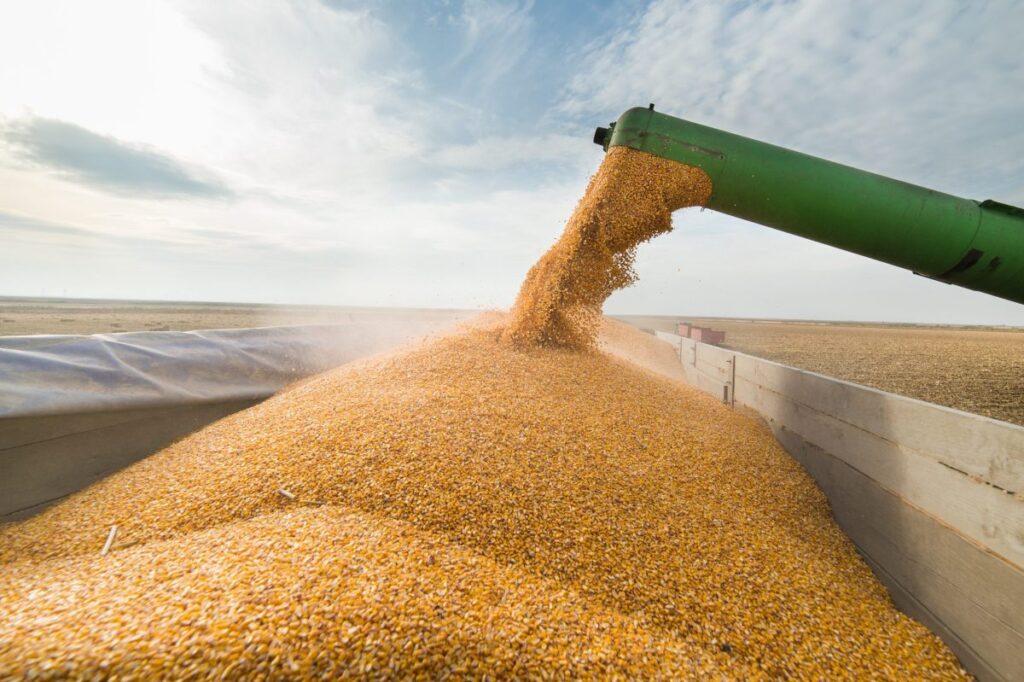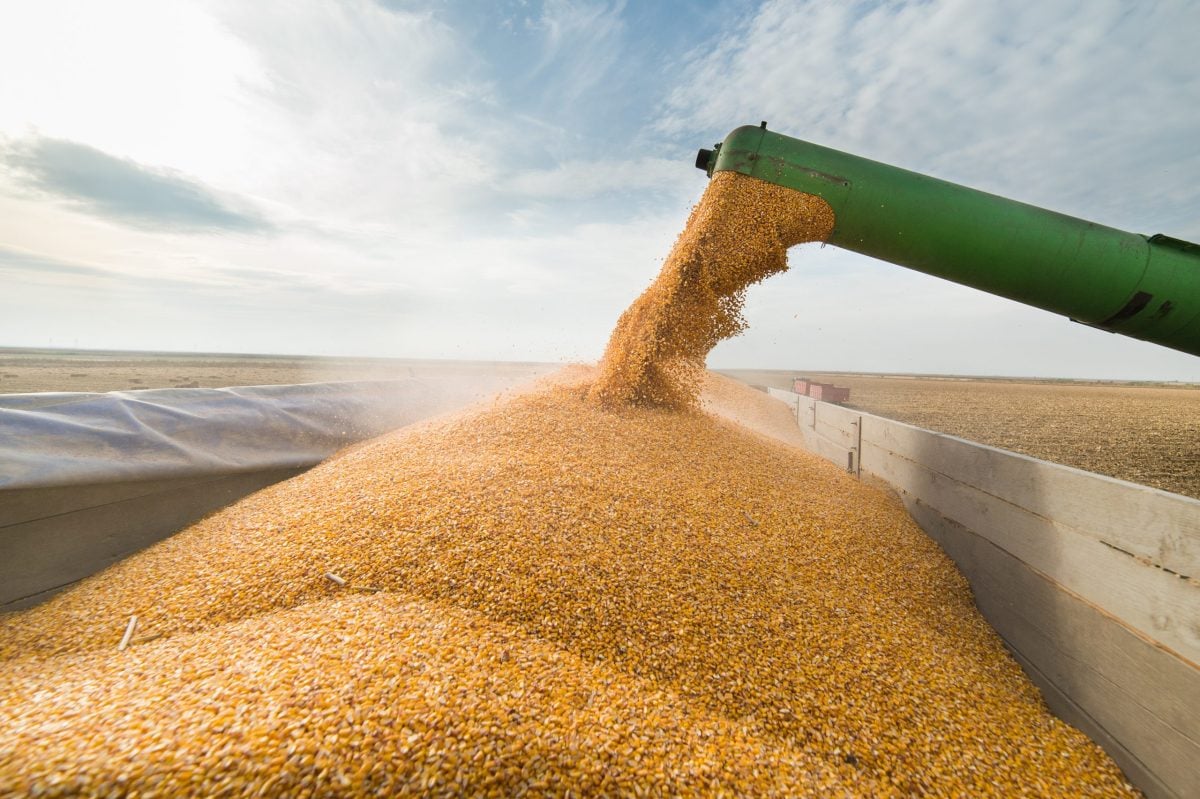Farmers’ realized net income fell $3.3 billion in 2024: StatCan

Glacier FarmMedia—Canadian farmers’ 2024 realized net income saw the largest drop since 2018, and farm cash receipts declined the most since 2003 as crop prices fell, preliminary data from Statistics Canada shows.
Farmers’ realized net income fell by $3.3 billion to $9.4 billion in 2024, a nearly 26 per cent decline. Excluding cannabis, the figure improves slightly to $9.7 billion or a 23 per cent decline.
Realized net income is the difference between farm cash receipts and operating expenses, minus depreciation and plus income in kind, StatCan said.
Realized net income fell across all provinces except Nova Scotia and Prince Edward Island. Saskatchewan saw the largest decline — a drop of $1.3 billion — largely due to decreased crop revenues. Farm operating costs also rose by 0.6 per cent.
Read Also

Farmers’ realized net income fell $3.3 billion in 2024: StatCan
Canadian farmers’ realized net income declined by nearly 26 per cent in 2024 according to preliminary data from Statistics Canada. This was largely driven by declines in crop receipts as prices fell.
The preliminary total of farm cash receipts is $97.9 billion for 2024, down $1.6 billion. Receipts were down in five provinces. They were led by Saskatchewan, which saw a $1.3 billion decline, and Manitoba, which was down $433.5 million over the previous year.
Meanwhile, Ontario saw the largest increase in farm cash receipts on the year, up by $179 million at $22.663 billion.
Total crop receipts declined 6.2 per cent to $52.1 billion in 2024, largely due to lower prices for most grains and oilseeds.
Livestock receipts rose nearly seven per cent in 2024 to $39.9 billion, buoyed by higher prices. Cattle and calf receipts gained nearly 12 per cent over 2024 to total $16.7 billion as cattle markets saw record high prices.
Average prices for cattle and calves were more than 50 per cent above five and 10-year averages, StatCan said.
Total farm operating expenses after rebates were $78.3 billion in 2024, up 2.4 per cent from 2023. Interest expenses led the gain, even as the Bank of Canada cut its key interest rate.
Producers took on more debt, which drove up interest expenses. Farm debt rose 14.1 per cent in 2024 — the largest increase since 1981.
Source: Farmtario.com


